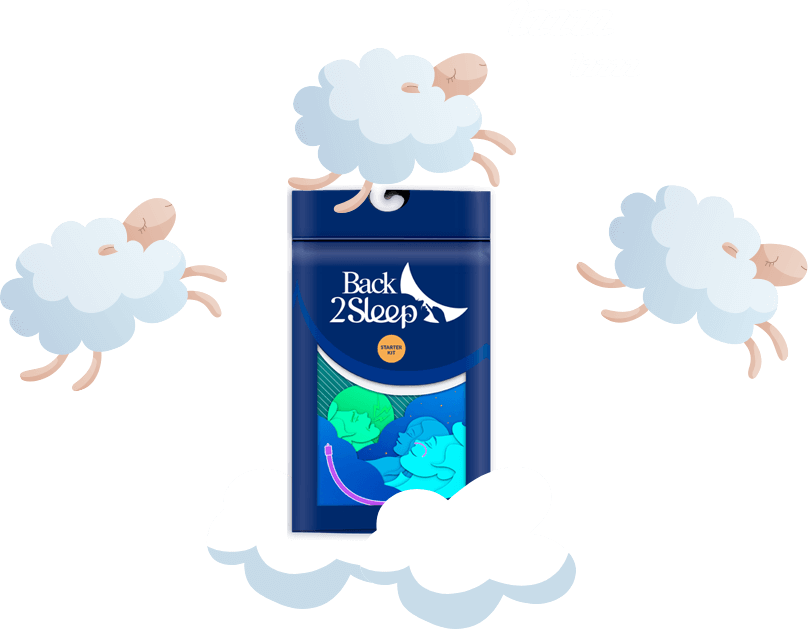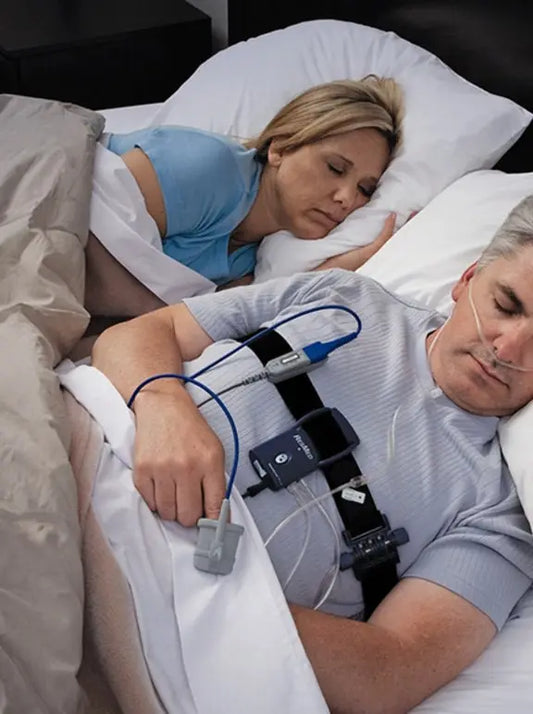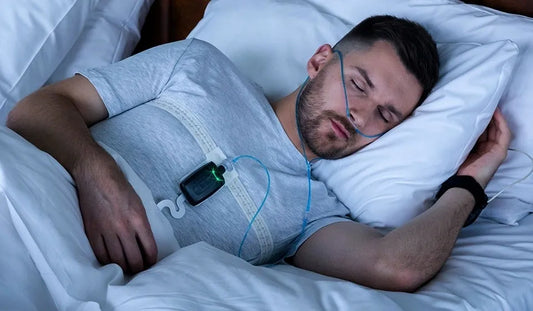Sleep is not merely a luxury but a fundamental pillar of our overall well-being. Adequate sleep is crucial for maintaining good mental health, as it allows our bodies and minds to rest, recharge, and repair. Conversely, sleep deprivation can have detrimental effects on our mental well-being, affecting our cognitive functioning, emotional regulation, and overall mental health. In this article, we will explore the profound impact of sleep deprivation on mental health, shedding light on the importance of prioritizing quality sleep for optimal psychological well-being.
The Connection Between Sleep and Mental Health
Quality sleep and mental health are intrinsically linked. Sleep influences various aspects of our mental well-being, including mood, cognitive function, and emotional regulation. Consider the following key points:
Emotional Regulation: Sufficient sleep is essential for effective emotional regulation. Sleep deprivation can lead to increased irritability, mood swings, and difficulties managing stress.
Cognitive Function: Sleep deprivation impairs cognitive abilities, including attention, concentration, memory, and decision-making skills. It hinders problem-solving abilities and negatively affects overall cognitive performance.
Sleep Deprivation and Mental Health Disorders
Chronic sleep deprivation can contribute to the development or exacerbation of mental health disorders. The following are common mental health conditions influenced by sleep deprivation:
Depression and Anxiety
Depression: Sleep disturbances, such as insomnia or disrupted sleep patterns, are prevalent among individuals with depression. Sleep deprivation can worsen depressive symptoms and contribute to the onset of depressive episodes.
Anxiety: Insufficient sleep can increase anxiety levels and intensify symptoms in individuals with anxiety disorders. Heightened anxiety can lead to difficulty falling asleep and maintaining restful sleep.
Bipolar Disorder
Sleep Disturbances and Mood Swings: Sleep disturbances, including insomnia or irregular sleep patterns, can trigger manic or depressive episodes in individuals with bipolar disorder. Adequate sleep is crucial for mood stabilization in these cases.
Schizophrenia
Sleep Abnormalities and Symptoms: Individuals with schizophrenia often experience disrupted sleep patterns, including irregular sleep-wake cycles and reduced REM sleep. Sleep disturbances can worsen cognitive impairments and psychotic symptoms.
The Vicious Cycle of Sleep Deprivation and Mental Health
Sleep deprivation and mental health form a complex relationship that can create a vicious cycle. Sleep problems contribute to mental health issues, and conversely, mental health conditions can disrupt sleep. Key points to consider:
Insomnia and Anxiety: Anxiety can lead to difficulty falling asleep or maintaining sleep, while insufficient sleep can intensify anxiety symptoms, perpetuating the cycle.
Depression and Sleep Disturbances: Sleep disturbances are common symptoms of depression. The resulting sleep deprivation can worsen depressive symptoms and hinder recovery.
Bipolar Disorder and Sleep Irregularities: Irregular sleep patterns or sleep deprivation can trigger manic or depressive episodes in individuals with bipolar disorder, making it challenging to achieve stability.
Strategies for Promoting Restful Sleep and Supporting Mental Health
Prioritizing quality sleep is crucial for maintaining mental health and overall well-being. Consider the following strategies to improve sleep and support your mental health:
Establish a Consistent Sleep Routine
Consistent Bedtime: Set a regular bedtime and wake-up time to regulate your body's internal clock, promoting better sleep quality and overall mental well-being.
Pre-Bedtime Wind-Down: Engage in relaxing activities before bed, such as reading, taking a warm bath, or practicing relaxation techniques, to prepare your mind and body for sleep.
Create a Sleep-Friendly Environment
Optimal Sleep Environment: Design your bedroom to promote sleep by ensuring a cool, dark, and quiet environment. Use comfortable bedding and consider noise-blocking techniques, such as earplugs or white noise machines.
Limit Screen Time: Minimize exposure to electronic devices, especially before bed, as the blue light emitted can disrupt the production of sleep-inducing hormones.
Practice Stress Management
Mindfulness and Meditation: Incorporate mindfulness and meditation practices into your daily routine to manage stress and promote relaxation, improving sleep quality and mental well-being.
Cognitive-Behavioral Therapy for Insomnia (CBT-I): Consider CBT-I, a structured therapeutic approach, if you struggle with chronic insomnia. CBT-I targets the underlying causes of sleep disturbances and promotes healthy sleep habits.
Seek Professional Help
Consult a Healthcare Provider: If you experience persistent sleep problems or mental health concerns, consult with a healthcare provider or mental health professional who can provide personalized guidance and support.
Sleep deprivation can have far-reaching effects on mental health, impairing cognitive functioning, exacerbating mental health disorders, and creating a vicious cycle of sleep disturbances and psychological distress. Recognizing the critical link between sleep and mental well-being is essential for prioritizing restful sleep and supporting mental health. By establishing healthy sleep habits, creating a sleep-friendly environment, practicing stress management techniques, and seeking professional help when needed, you can take proactive steps to enhance sleep quality and promote optimal mental health. Remember, quality sleep is a powerful tool for nurturing your mind, fostering emotional well-being, and cultivating a healthier, happier life. Sleep well and thrive mentally!

- Choosing a selection results in a full page refresh.
- Opens in a new window.







